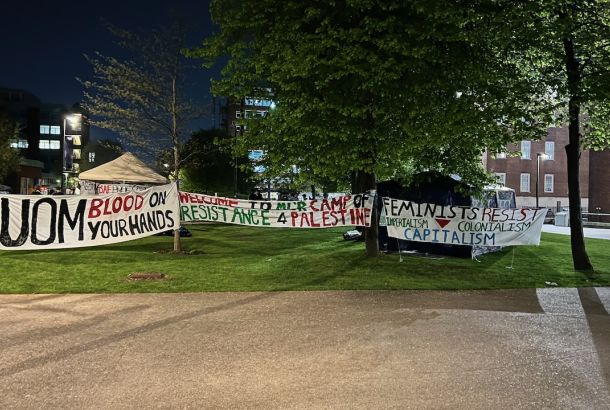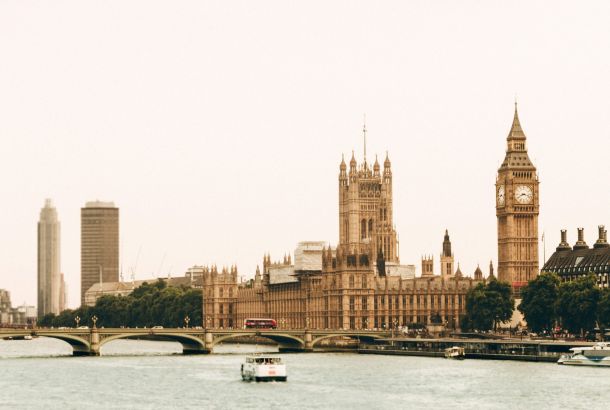MMU cancel radical speaker event
MMU cancelled a talk with a controversial Islamic speaker after they were tipped off by an online pressure group last week.
Self-described “human rights” group Cageprisoners were scheduled to send speakers – including a former Guantanamo Bay inmate – to an event in the University’s Business School on April 18.
After extremism-awareness group Student Rights contacted the University to inform them of one of the speakers past views, staff cancelled the talk because it had not been booked properly.
“The event was cancelled because an internal booking system had been used inappropriately to bypass University procedure,” said MMU in a statement. “Hence this was not an official event and organisers had not allowed for a proper risk assessment to take place as is the norm for all such events.
“Lacking the necessary information or preparation, the University was unable to support this event and it had to be cancelled.”
After the event was brought to the attention of the staff, they discovered students from the business school, who booked the event, had not gone through the necessary department.
“When Student Rights told us that this event had been booked by students in the Business School, it turned out that Conference and Events knew nothing of it, so the necessary checks had not been carried out,” added MMU spokesman Gareth Hollyman.
Jahangir Mohammed, one of the speakers scheduled, is known to have radical views on ‘the West’ and in an article for the Islamic news-website Ummah News discussed “Nazi Israelis” and a “Muslim holocaust”.
Hollyman acknowledged that the views of the speakers scheduled for last Thursday’s event were a concern for the University.
“It’s fair to say the Student Rights warning about the external speakers did concern us,” he said, adding, “There is a fine line between allowing free speech and allowing antisocial views to be heard publicly.
“While we would encourage student protest and student questioning of issues concerning politics and justice, we have a policy of zero tolerance of any speech or acts which could incite discrimination, hatred or worse.”
Cageprisoners responded to the cancellation saying they were not involved in organising the event, but disapproved of how MMU had handled it.
“We do…wonder why, given the event was booked and advertised some time ago, it took the University the day before the talk to flag up irregularities and cancel it.
“This caused maximum disruption to the speakers and around 250 people who had planned to attend. It also gave organisers the shortest notice possible and virtually no chance to correct any procedural irregularities or move to an alternative venue.”
Messages about the event appeared on Twitter soon after the cancellation, including from MMU Criminology lecturer Waqas Tufail, who tweeted, “Cageprisoners event cancelled due to pressure from [Student Rights] (who have dodgy views to say the least).”
Manchester student Iskandaranya Awy tweeted, “The irony. An event about justice has been cancelled because justice was absent.
Cageprisoners held an event at University of Manchester on April 17, which included a work-shop outside the University’s student’s union.







